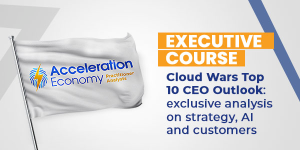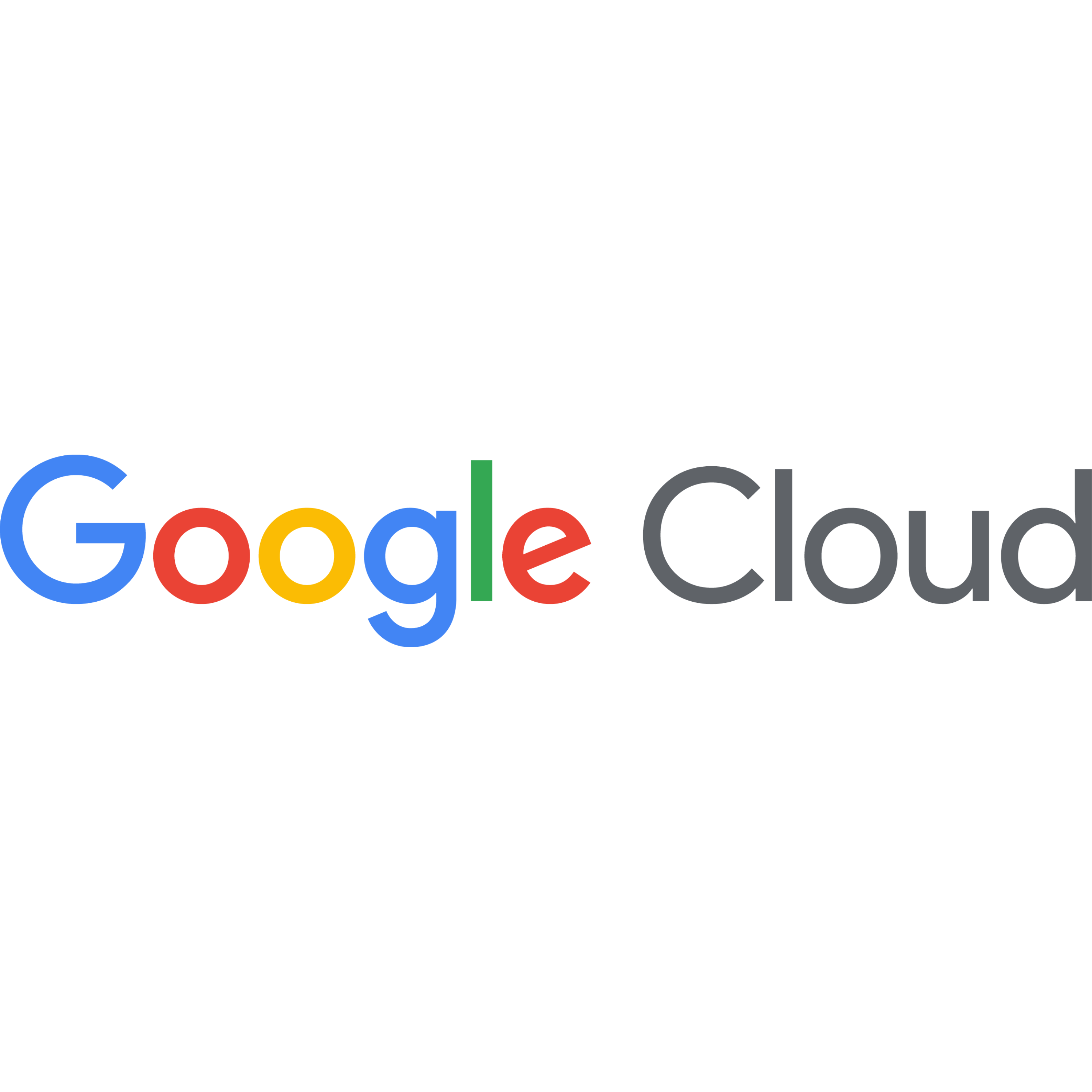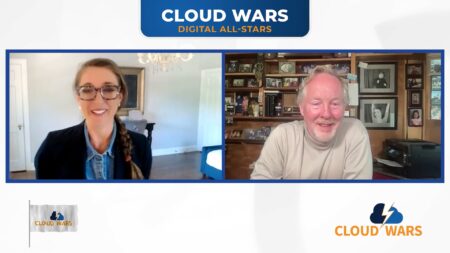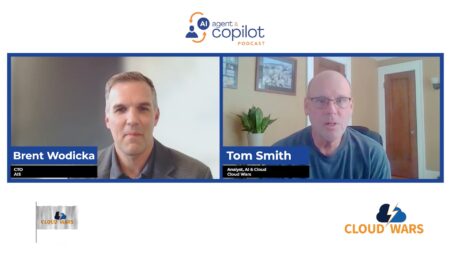
Welcome to the Cloud Wars Minute — your daily cloud news and commentary show. Each episode provides insights and perspectives around the “reimagination machine” that is the cloud.

Register for Acceleration Economy’s Cloud Wars CEO Outlook 2024 Course, now available. Featuring exclusive interviews on strategy, AI, and customers with the CEOs of Cloud Wars Top 10 companies.
In today’s Cloud Wars Minute, I dissect the shift in the cloud industry landscape as major providers abolish data egress fees, shedding light on the influential forces behind this decision.
Highlights
00:19 — We can now say adios to data egress fees because the three big original hyperscalers, Google Cloud, AWS, and Microsoft, have decided to drop them. Oracle chairman Larry Ellison deserves a lot of credit for this. About 18 months ago, Ellison began to speak out about the fees. He said clouds were supposed to make life easier for enterprise customers, not more difficult.
01:25 — The beginning for Oracle in moving away from that was the Oracle-Microsoft interconnect that blossomed into the Oracle Database at Azure service, a big win for customers. The fact that somebody with the prominence of Larry Ellison just said repeatedly that data egress fees are a dumb idea eventually chipped away at the understandable reluctance of the other hyperscalers.
Ask Cloud Wars AI Agent about this analysis
02:32 — Those fees were the product of an earlier time when the cloud vendors set the rules. Well, in every industry, as things grow, the technology settles, and the customers start to call more of the shots. The other factor that played into it was the European Data Act.
03:37 — Google Cloud made its announcement about ending data egress fees on January 11. That is the same date that the European Union issued a press release about the European Data Act. About seven or eight weeks later on March 5, AWS said it would drop egress fees. Eight days after that, Microsoft said no more data egress fees.
04:56 — I give a lot of credit to these three companies for acknowledging that the practice they had in place was designed for the past and has no presence in the future that’s being powered by AI, allowing companies to become the digital versions of themselves that they need to be to succeed in the digital economy.













